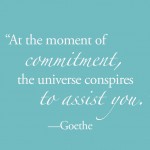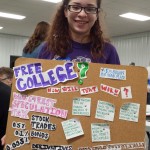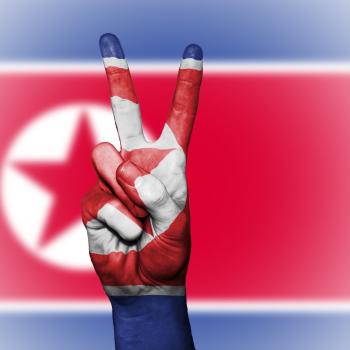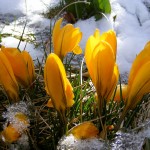Not long ago, at one of our women’s workshops, I learned something surprising about one of the participants: She doesn’t think she’s beautiful. In fact, she still hears the voice of a classmate on the playground almost 50 years ago telling her that she was ugly.
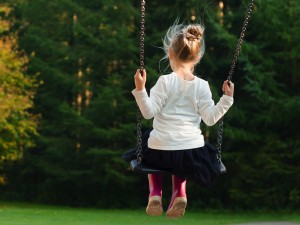
All these years, that voice has told her, “Your hair is too red. Your ears are too big.” This has colored every relationship she’s had since.
Her story made a big impression on me for a couple of reasons. First, she is truly beautiful, and I can only imagine how adorable she must have been as a child.
Second, I have my own memories of voices on the playground fifty years ago calling me “Land-weird,” a variation on my maiden name. I can remember how many years it took me to stop listening to those taunts and remember a voice from a higher power in me that loved me just as I am.
When I came home from the workshop, I thought about the messages we remember from long ago that shape our whole life, and I thought, “This is what I want to do. I want to go to every person who has ever carried the sting of childhood barbs with them into adulthood and take their hands in mine, look them in the eyes and say, ‘Remember that child on the playground who teased you? This is what she wants to say to you now.’”
And then I would say something like this:
You know those things I said to you when we were five years old? They were a lie. I said them because I was jealous of you. Our teacher liked you, and it seemed like your parents loved you. And I didn’t feel very liked or loved, so I took it out on you.
I could have taken it out on Julie or Connie or Stephen or Craig or any other child in our class. But I was most jealous of you, so you became my target.
Those things I said on the playground had nothing to do with you. Let me say that again. They had nothing to do with you. I don’t even remember the things I said, because they were never true. I made them up. They were just a lie. They were my lie, trying to make myself feel better.
I apologize for the effect they had on you. That was never my intention. I had no idea how they would shape your life. I just wanted them to pierce your heart for a moment. I wanted to see you flinch just for a second, so that for that second I could feel better. I never did. It never helped.
I was a little kid, and I was scared, and I made up a lie that somehow got tangled up around you. Please forgive me. And if you start to blame yourself somehow for believing my lie and making it part of your life, I hope you’ll forgive yourself. You were scared, too. But neither one of us needs to be scared anymore.
I would hope that these words would help the insecurity and self-doubt fade away, because those beliefs, those doubts—that darkness—would be brought to light.
What if we could all experience this? I know that forgiving someone for playground insults feels a lot different from forgiving them for abusing or betraying or injuring you in all the countless ways our human egos are capable of. But what if the person who hurt you showed up at your door one day and said…
“I am so terribly, terribly sorry. I know I hurt you, and I’m not trying to excuse what I did. I just want you to know that my actions came from my own fear, and that even though I tangled you up in this, it had nothing to do with you. You didn’t cause it. It was never about you or your value as a human being. It was simply the lie of my own fear. Can you forgive me?”
Here I am, being naïve and optimistic again. But I think this would change things. I think it would set us free. It would help us all remember who we are as children of God and expressions of divine love. We would remember the voice of love rather than the voice of fear.
Without the five-year-old voices sitting on our shoulder, taunting us and creating a barrier between us and love, we could relax into the arms of Spirit, remembering that we’ve always been whole, complete and beautiful, exactly as we are.
Related stories: A Bull, a Garden and One Woman’s Quest for Peace
Debra Landwehr Engle is the author of The Only Little Prayer You Need: The Shortest Route to a Life of Joy, Abundance and Peace of Mind. Find her at debraengle.com.

